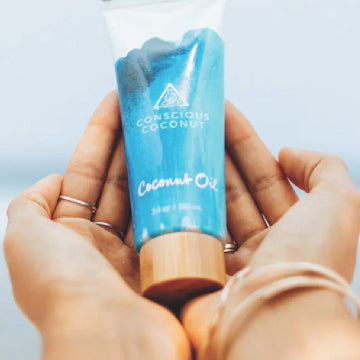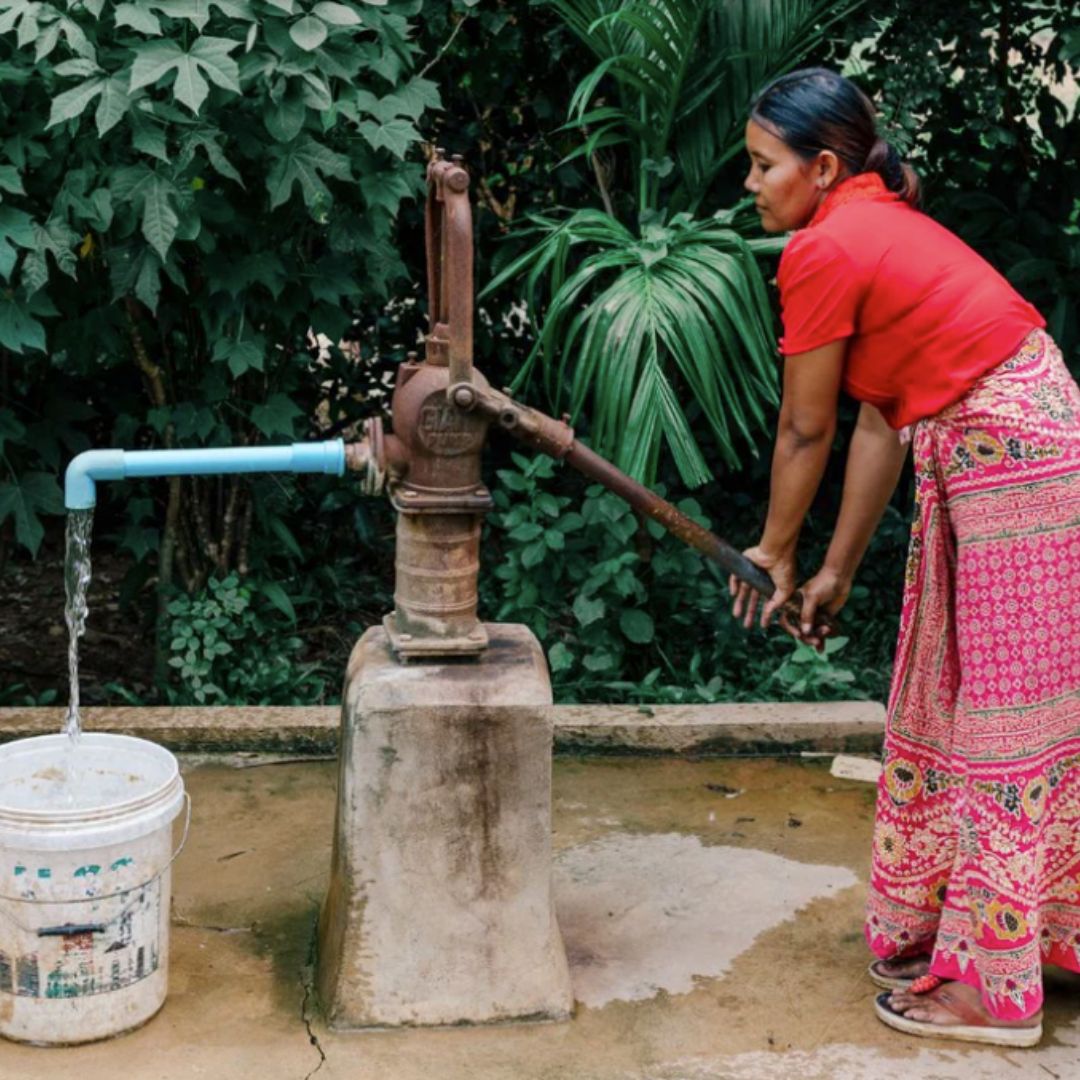How to Be an Ethical Beauty Consumer
A Step by Step guide to understanding Ethical Beauty Brands and Products
It's critical to understand what makes a beauty brand or product genuinely ethical and sustainable. While many brands may claim to be ethical, this might simply be a marketing ploy or greenwashing.
There are several factors involved in defining ethical beauty, including the use of organic ingredients, policies regarding animal testing, and how an organization treats its employees.
Here is a guide to help you find beauty brands and products that are truly eco-friendly and conscious.
Sustainable and Ethical Beauty Ingredients
A brand's commitment to ethical ingredient sourcing is one of the most critical indicators of a sustainable and ethical business. Choose brands that give considerable attention and thought even beyond the ingredients. This means the brand is aware of what goes on in their supply chains and ensures their suppliers adhere to fair trade practices.
Cruelty-Free Brands and Products

When it comes to ethical beauty, one of the primary considerations is whether a brand and its products are cruelty-free. This means that the products' ingredients have not been tested on animals at any point throughout their development.
One of the primary reasons animal testing is unethical is that it places the animal's life in danger, and in many unfortunate situations, these animals die as a result.
Keep an eye out for the Leaping Bunny logo when choosing beauty brands and products. The Leaping Bunny is the best assurance that an organization is serious about ending animal experimentation.
Non-Toxic Ingredients
Choose beauty products that are free of genetically modified organisms (GMOs), synthetic fertilizers, manufactured herbicides, parabens, preservatives, and any other potentially hazardous substances.
Parabens are one of the most widely used preservatives in cosmetic goods today, but they may damage your body's endocrine system and have adverse effects on both humans and wildlife. Also, avoid synthetic fragrances, as they often contain carcinogens, developmental toxins, endocrine disruptors, neurotoxins, and other toxic ingredients.
Vegan products
Vegan cosmetics is one of the rising makeup trends, as it opposes animal cruelty and the use of ingredients derived from animals in any form.
Vegan beauty products also have a higher nutritional content than their non-vegan counterparts. Vitamins, minerals, and other essential nutrients are abundant in plants. Rather than applying harsh chemicals on your skin, go for natural, healthy ingredients contained in vegan beauty products.
Palm Oil-Free
While palm oil is considered one of the most efficient oilseed crops on the planet, its cultivation accounts for a sizable amount of greenhouse gas emissions. Using products made with palm oil or any of its derivatives contributes to the destruction of rainforests and the animals that live in them.
Business Practices
Although ingredients play a huge role in ethical beauty, it’s also very important to consider the way an organization operates to meet its business goals and objectives. Consider the following business practices as you make the transition to eco-friendly fashion and beauty products.
Fair Treatment of Employees
How an organization treats its employees also plays a role in ethical practices. Some unethical companies treat their workers poorly by paying below minimum wage, providing little to no employee benefits, and creating an unhealthy and unproductive work environment.
Choose beauty brands that prioritize people and their well-being. Ethical beauty companies should compensate their employees fairly, give adequate benefits, maintain physically and mentally safe working conditions, promote productivity and engagement, and create opportunities for advancement within the organization.
Eco-Friendly Packaging

Choose beauty brands that use recyclable, reusable, or compostable packaging. Paper is an excellent material for a variety of packaging since it can be produced from sustainable forests, recycled, and manufactured without the use of chemicals. Aluminum is also a great option for cosmetics packaging since it is lightweight, sturdy, recyclable, and BPA-free.
Waste and Resource Management
Apart from minimizing packaging waste, businesses that genuinely care about their environmental impact go to considerable lengths to ensure they have solid waste and resource management practices in place.
Ethical beauty brands strive to produce as little waste as possible throughout the production process by procuring energy from sustainable sources and establishing recycling systems in their facilities.
As a consumer, use waste-free cosmetics and skincare products, purchase only what you need to avoid wasted, expired products, or find innovative ways to repurpose packaging or expired beauty products.
Giving Back
Support ethical brands that are strongly committed to charity work. Many ethical brands support inspirational causes and are dedicated to donating a percentage of their annual revenue to charity. Some have founded their own charity to advance meaningful work in sustainability and other areas they value.
Make a Difference, Make the Change
Drive change by exercising mindful consumption. Know that virtually every conventional beauty product has an organic, animal-free alternative. Make a conscious and positive effort for the environment by supporting ethical and sustainable brands.
Written by Katherine Pierce















